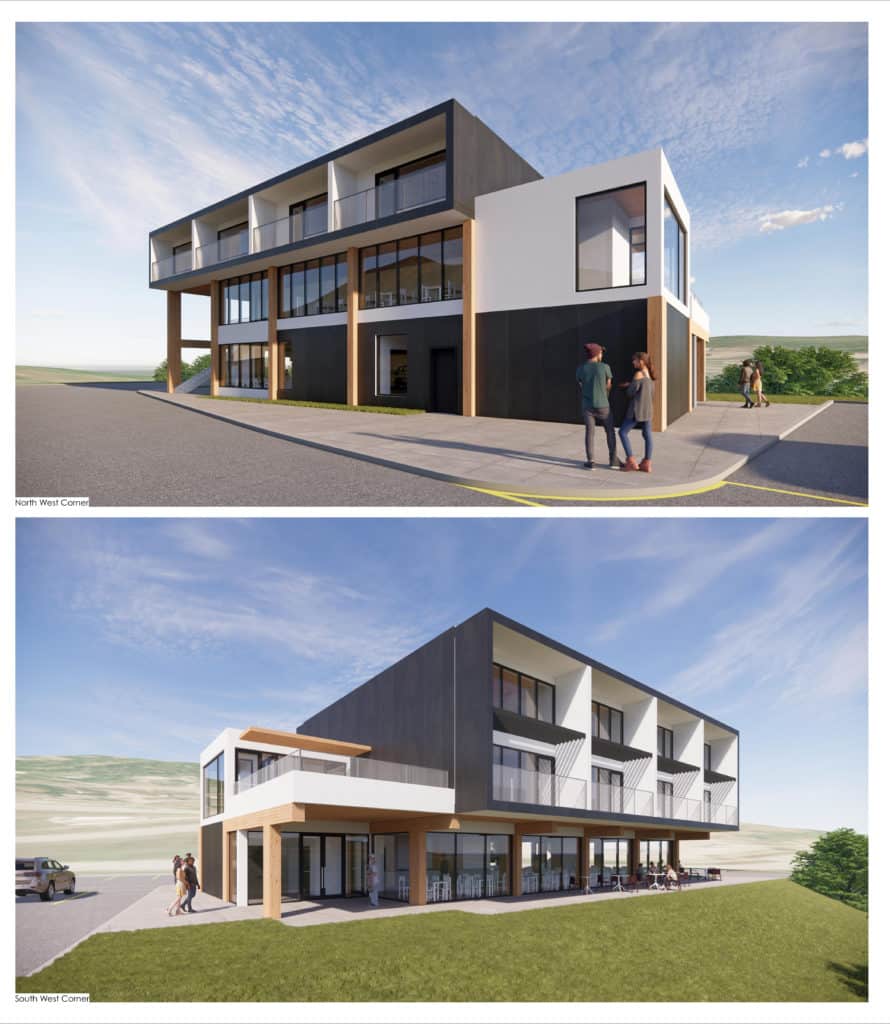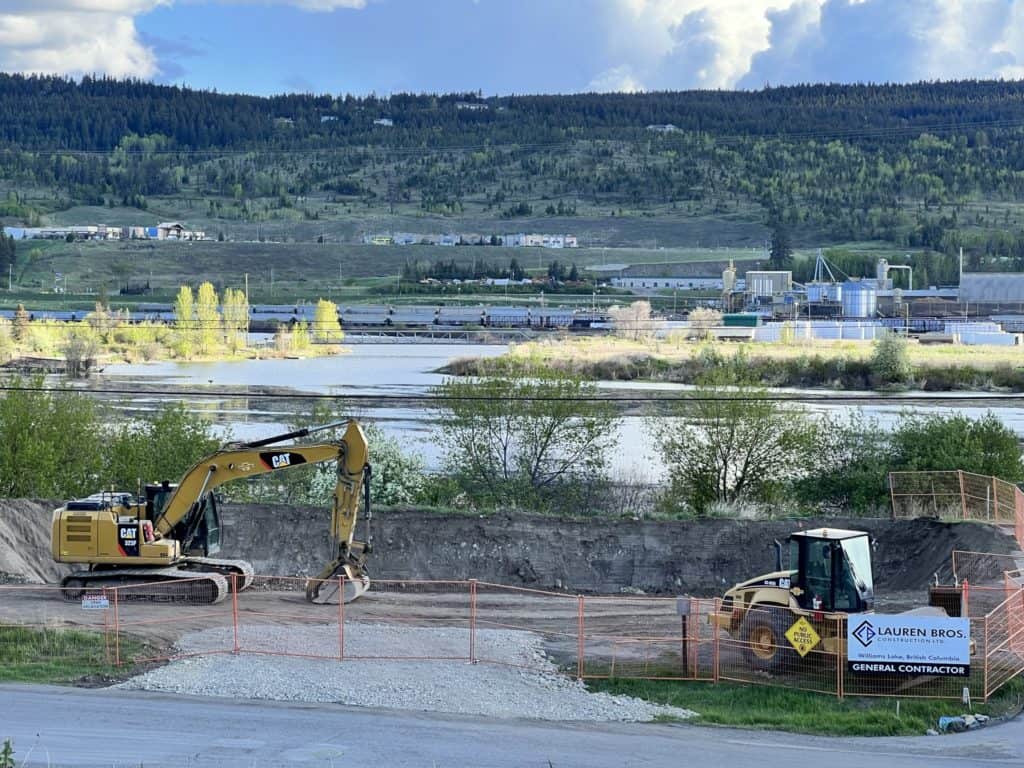
At the most recent Northern Development Board Meeting, Williams Lake First Nation (WLFN) was approved for a $300,000 Economic Infrastructure grant to support the construction of The Osprey Nest. The new, multi-use building will complement the assets already established on WLFN IR#6, including the Unity Cannabis retail store and the Sugar Cane Cannabis farm-to-gate micro-cultivation facility.
The Osprey Nest aligns with numerous principles in WLFN’s comprehensive community plan, including the creation of employment and opportunities for members, building relationships with surrounding communities and establishing sustainable forms of long-term revenue.
“This innovative project demonstrates our ongoing commitment of renewed investment within WLFN reserve lands, the City of Williams Lake, and the greater Cariboo Regional District,” said WLFN Chief Willie Sellars. “The Osprey Nest is yet another exciting example of the Williams Lake First Nation taking additional steps along our economic development journey. This project will uphold the high standard of development that WLFN has championed in recent years, joining other state-of-the-art WLFN projects. On behalf of WLFN’s Council and administration, I commend NDIT for their continued support of Indigenous-led projects throughout our region.”
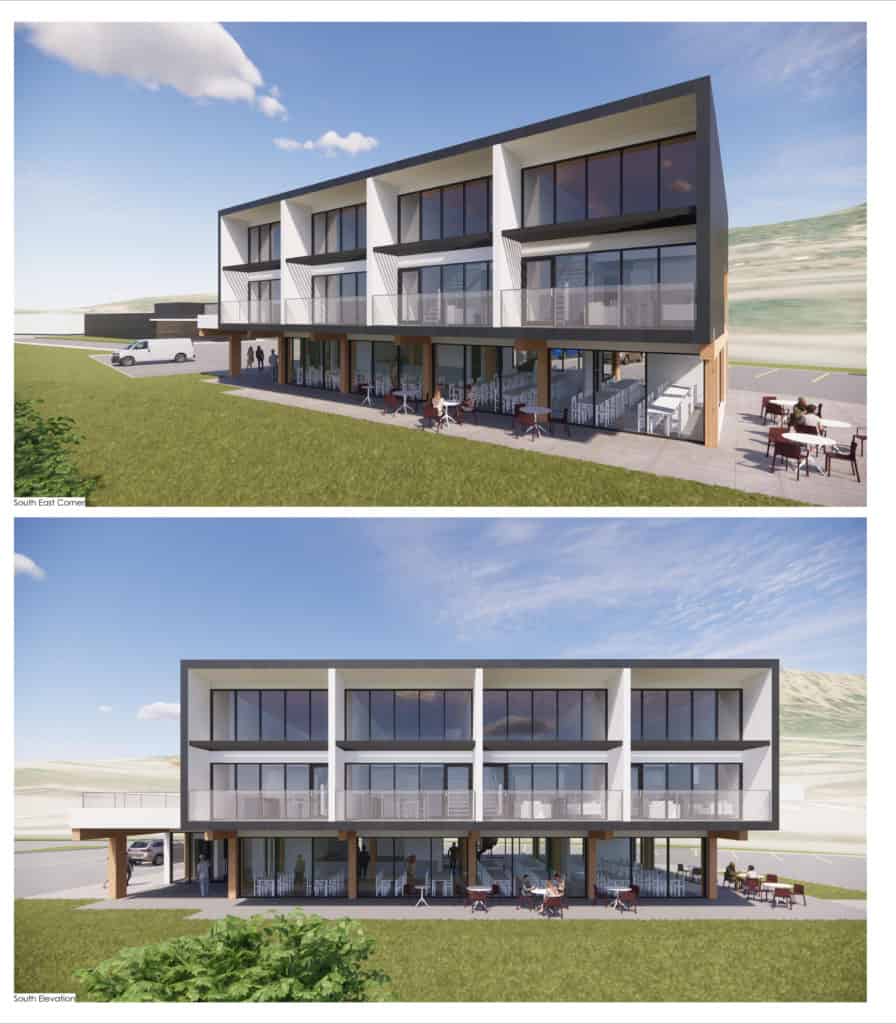
A few weeks after the funding was approved, WLFN broke ground at The Osprey Nest site near downtown Williams Lake. The two-story building will feature a restaurant/café space on the main floor with a 1,000-square foot lakefront patio, which will feature gas heaters, making them usable in three seasons. On the second floor, four self-contained, modern lofts will be built, overlooking the lake with through 18 feet of glass windows. Each loft will include a kitchen and gathering area, with a sleeping area and washroom located on the second-floor mezzanine.
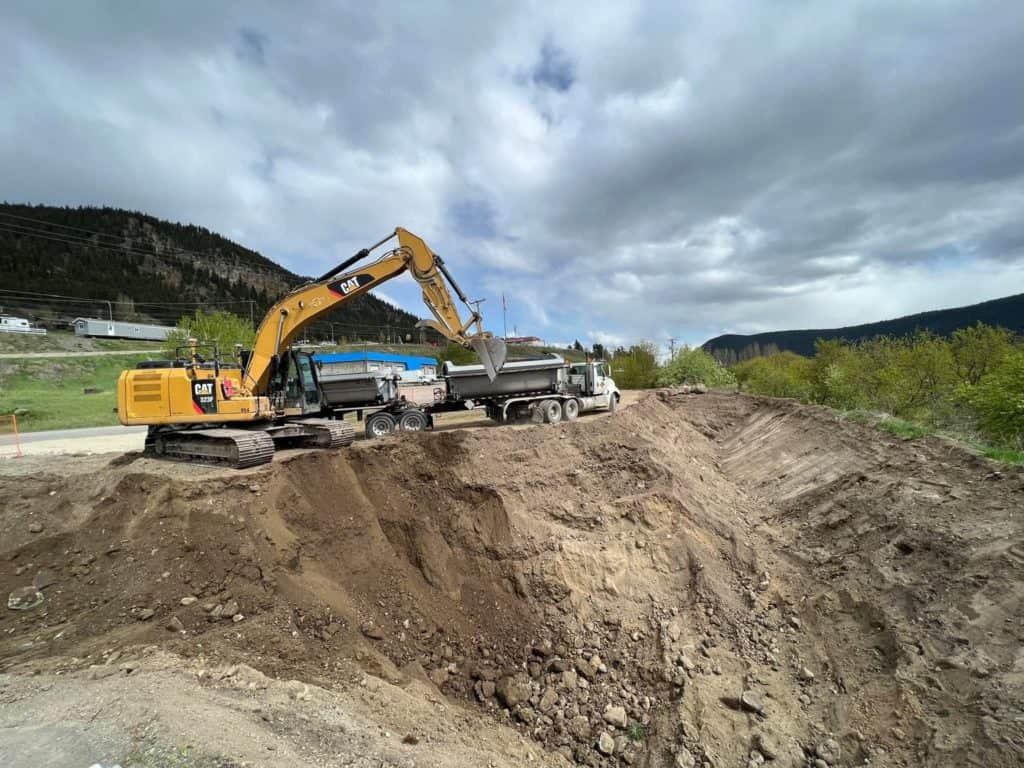
The entire building will be designed to modern accessibility standards, with the second-floor lofts, rooftop patio and restaurant mezzanine being accessible by elevator. The washrooms and other first-floor amenities will also be universally accessible. The accessibility design will create options and opportunities for those with mobility challenges that may not exist in many other area buildings.
“The Osprey Nest is part of WLFN’s strategy to redefine the waterfront in the vicinity of downtown Williams Lake,” said Kirk Dressler, WLFN Director of Legal and Corporate Services. “We envision more spaces for gathering, more multi-family buildings, and connectivity to key recreation assets like Scout Island. There are very few places, outside of private residences, where people have unencumbered views of Williams Lake and access to the foreshore. The Osprey Nest will be an asset that we can use to attract locum physicians, teachers and others who are seeking quality accommodation within easy striking distance of other amenities. The opportunities for long term employment in the restaurant space and in the management, maintenance and marketing of the development are also exciting. This is especially true for status Indigenous people, who can realize the benefit of working on reserve lands.”
Creating a new restaurant and gathering space in Williams Lake will create new jobs in the local economy and provide additional opportunities for event hosting in the community. The four lofts will help fill the local need for quality short to mid-term accommodations for working professionals visiting Williams Lake.
